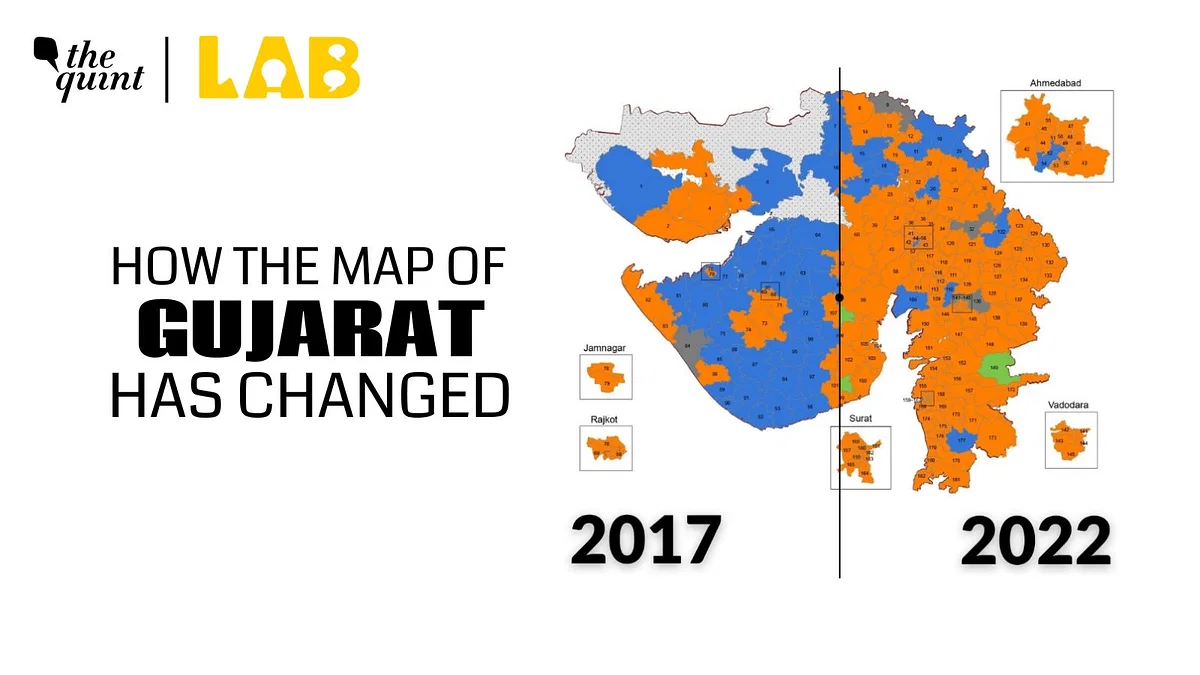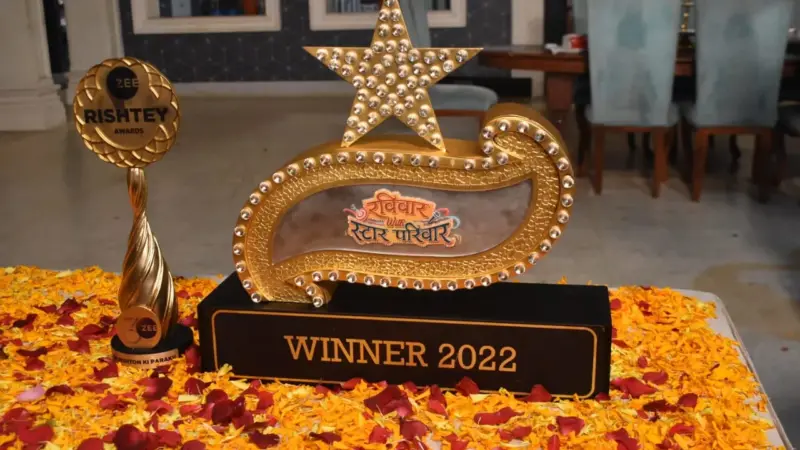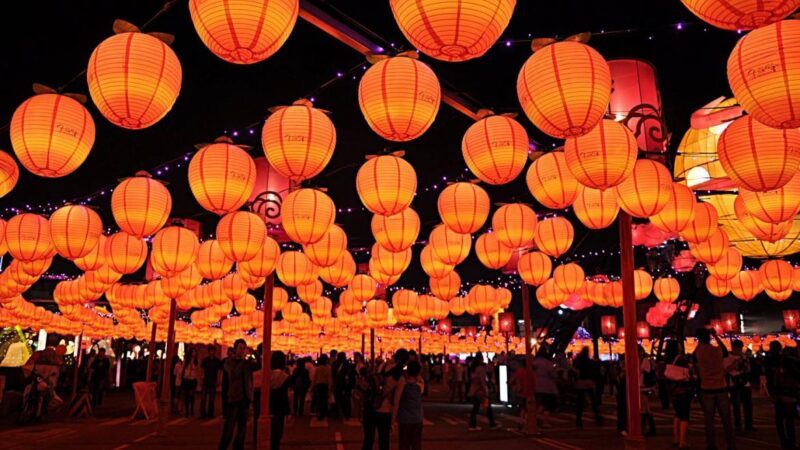UP Elections 2017 Date: A Crucial Moment for Indian Democracy

The Uttar Pradesh (UP) Elections 2017 date holds immense significance for the people of India. As the most populous state in the country, Uttar Pradesh plays a crucial role in shaping the political landscape of India. The upcoming elections are eagerly awaited by both political parties and citizens alike, as they will determine the direction of the state for the next five years. In this article, we will delve into the key aspects of the UP Elections 2017 date, exploring its importance, the major players, and the potential implications for Indian democracy.
The UP Elections 2017 Date: A Battle for Power
The UP Elections 2017 date, scheduled for [date], marks a highly anticipated event in Indian politics. With a population of over 200 million people, Uttar Pradesh holds a significant number of seats in the Lok Sabha, making it a crucial battleground for political parties. The outcome of these elections will not only determine the fate of the state but will also have a substantial impact on national politics.
Major Political Players in UP Elections 2017
The UP Elections 2017 date has brought together several major political players vying for power in the state. The Bharatiya Janata Party (BJP), led by Prime Minister Narendra Modi, is seeking to consolidate its position in Uttar Pradesh after a resounding victory in the 2014 general elections. The party has been campaigning vigorously, focusing on development, nationalism, and its track record at the national level.
The Samajwadi Party (SP), led by Chief Minister Akhilesh Yadav, is aiming to retain power in Uttar Pradesh. Despite internal conflicts within the party, Akhilesh Yadav has been actively campaigning, highlighting his government’s achievements in areas such as infrastructure development, welfare schemes, and law and order.
The Bahujan Samaj Party (BSP), led by Mayawati, is another significant player in the UP Elections 2017. Mayawati, a former Chief Minister of Uttar Pradesh, has been focusing on the Dalit vote bank, aiming to regain power and address the issues faced by marginalized communities.
Potential Implications for Indian Democracy
The outcome of the UP Elections 2017 date will have far-reaching implications for Indian democracy. Uttar Pradesh holds 80 seats in the Lok Sabha, making it a crucial state for any party aspiring to form a government at the national level. A victory for the BJP would strengthen their position in the central government and provide a mandate for their policies and agenda.
On the other hand, a win for the SP or BSP could lead to a realignment of political forces at the national level. It could potentially create a challenge for the BJP’s dominance and provide an opportunity for regional parties to form alliances and exert their influence on national politics.
Furthermore, the UP Elections 2017 date will also test the popularity and acceptance of Prime Minister Narendra Modi’s policies, especially demonetization. Uttar Pradesh was one of the states most affected by the currency ban, and the election results will reflect the public sentiment towards this controversial move.
Conclusion
The UP Elections 2017 date is a crucial moment for Indian democracy. With its large population and significant number of parliamentary seats, Uttar Pradesh holds immense importance in shaping the political landscape of India. The elections will witness a fierce battle between major political players, including the BJP, SP, and BSP. The outcome will not only determine the direction of the state but will also have implications for national politics. As citizens eagerly await the results, it remains to be seen how these elections will shape the future of Uttar Pradesh and influence the trajectory of Indian democracy as a whole.






